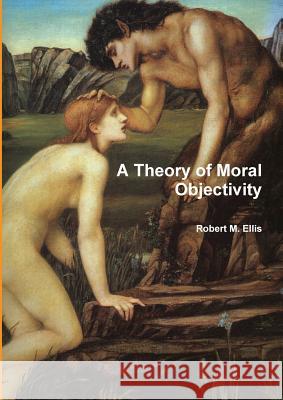A Theory of Moral Objectivity » książka
A Theory of Moral Objectivity
ISBN-13: 9781447515821 / Angielski / Miękka / 2011 / 488 str.
This book was originally written as an accredited Ph.D. thesis - but one that broke all the usual rules. Rather than focusing on a small area like most theses, this is a inter-disciplinary philosophical treatise that attempts to establish a new approach to the whole question of objectivity, especially in ethics. Inspired by the Buddhist Middle Way, but argued in Western terms from first premises, this book challenges widespread assumptions found in both analytic and continental traditions of philosophy. It seeks to establish a Middle Way between absolutism and relativism, using evidence from philosophy, psychology, religion and history. The author, Robert M. Ellis, is a philosopher and teacher, and was also a Buddhist practitioner for many years. However, he has now withdrawn from any commitment to the Buddhist tradition to concentrate on developing a universal Middle Way philosophy, promoted on his website, www.moralobjectivity.net.
This book was originally written as an accredited Ph.D. thesis - but one that broke all the usual rules. Rather than focusing on a small area like most theses, this is a inter-disciplinary philosophical treatise that attempts to establish a new approach to the whole question of objectivity, especially in ethics.Inspired by the Buddhist Middle Way, but argued in Western terms from first premises, this book challenges widespread assumptions found in both analytic and continental traditions of philosophy. It seeks to establish a Middle Way between absolutism and relativism, using evidence from philosophy, psychology, religion and history. The author, Robert M. Ellis, is a philosopher and teacher, and was also a Buddhist practitioner for many years. However, he has now withdrawn from any commitment to the Buddhist tradition to concentrate on developing a universal Middle Way philosophy, promoted on his website, www.moralobjectivity.net.











